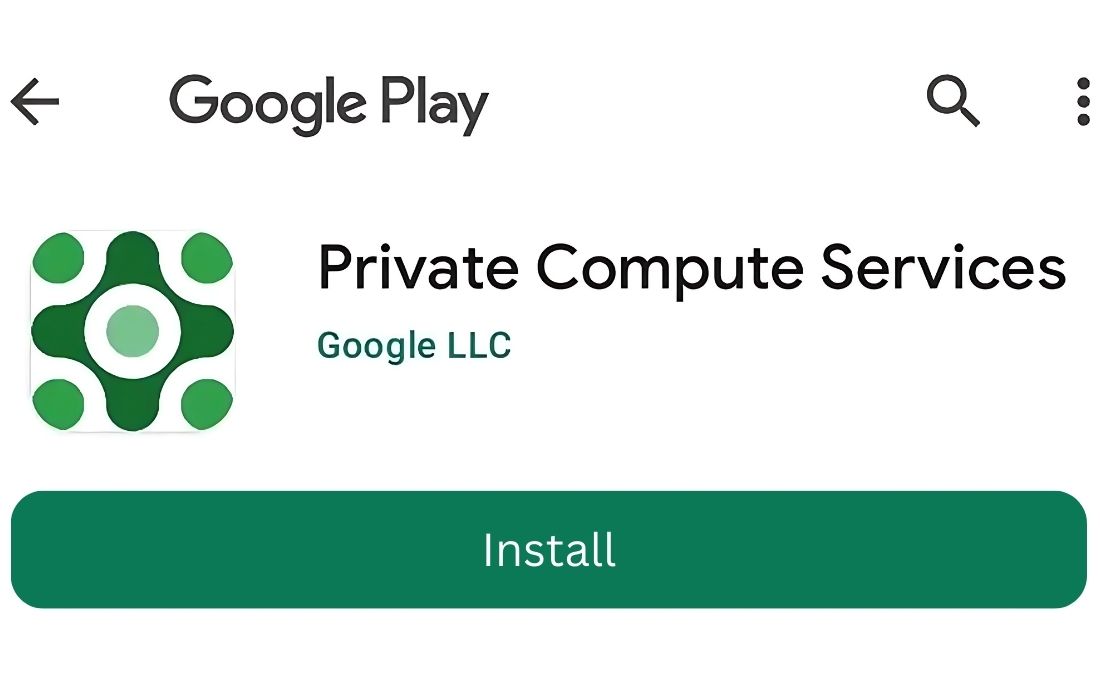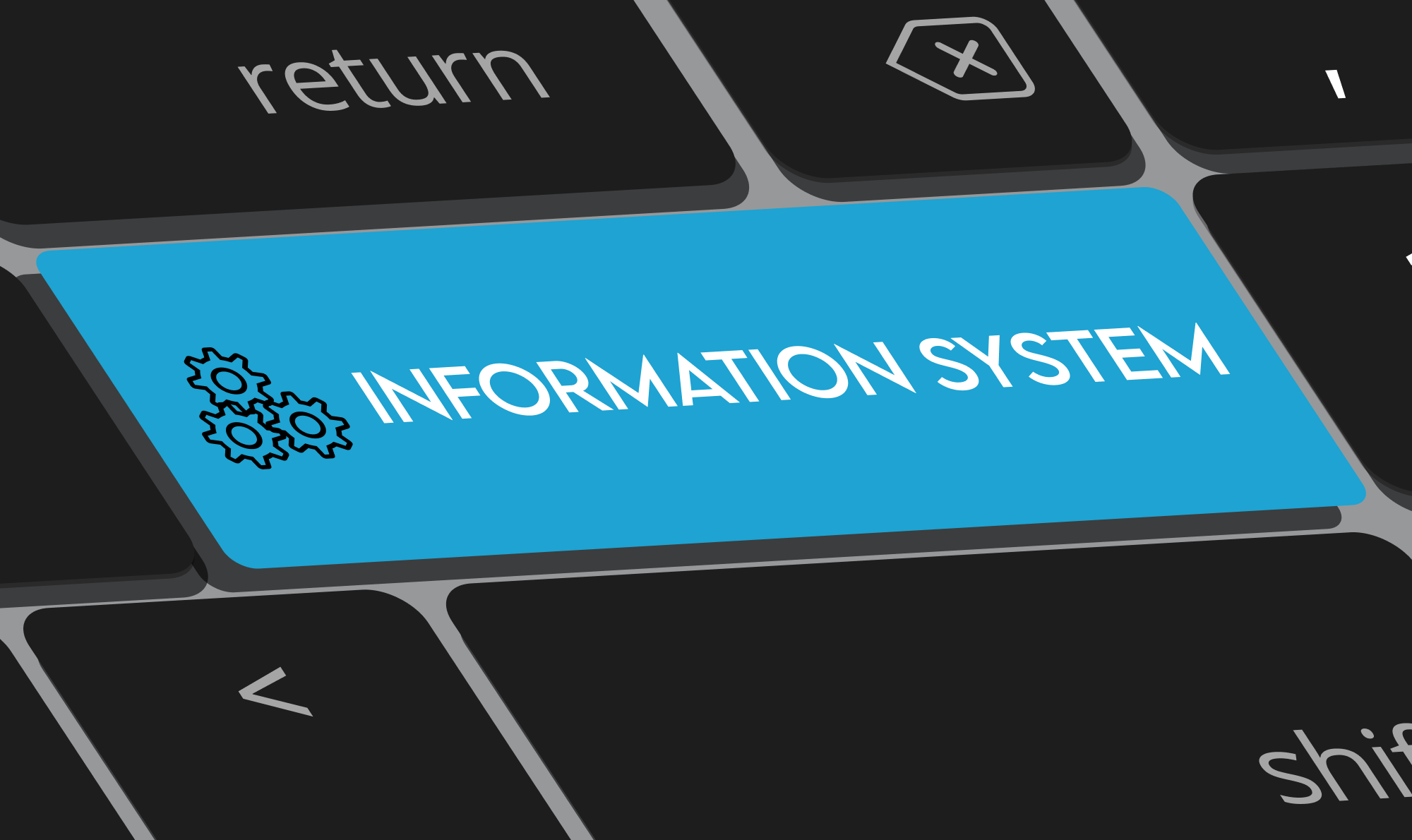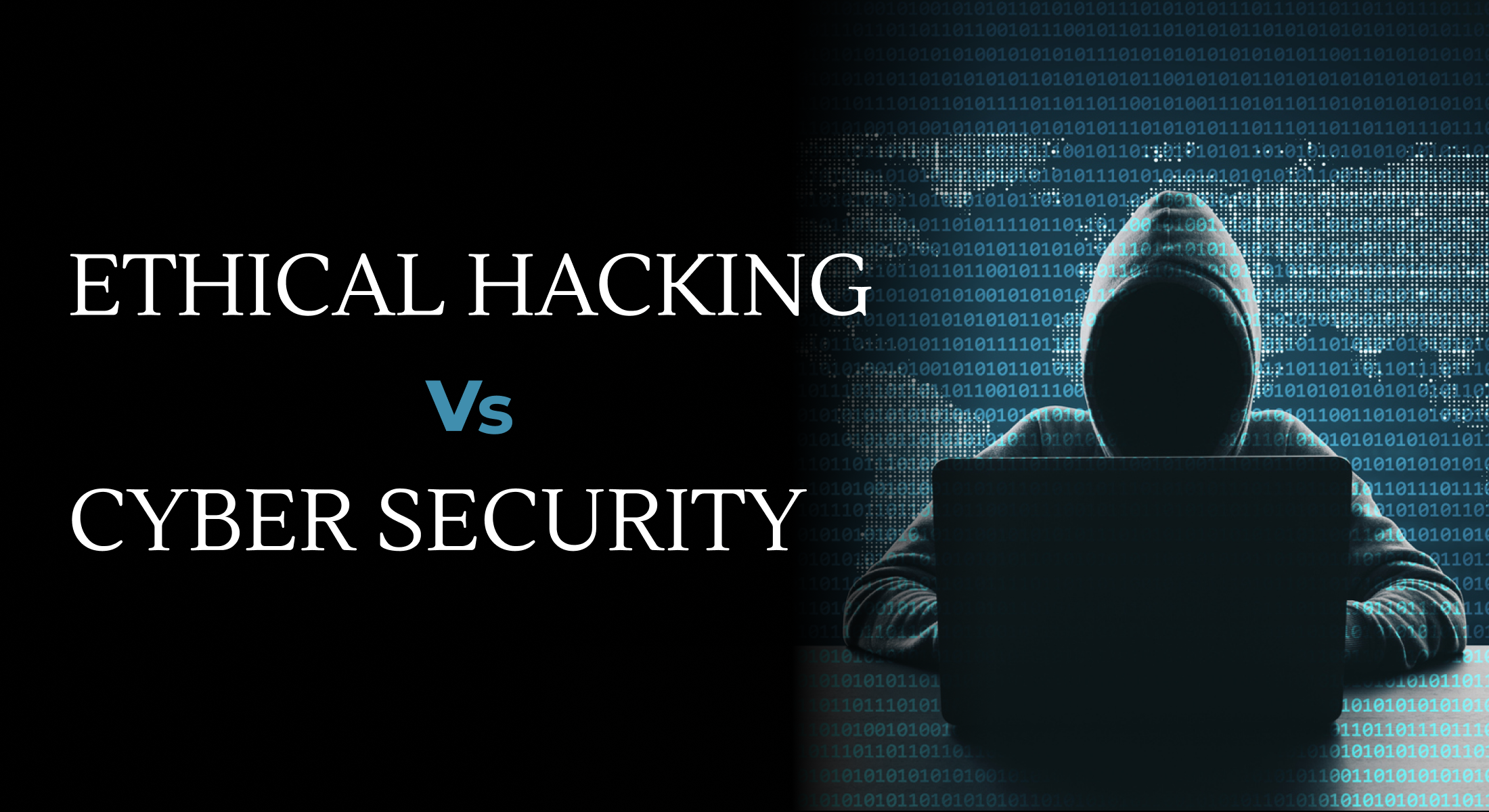Have you ever noticed a strange app known as “private compute services” on your computer that you do not consider installing? You are not alone. Plenty of humans are confused by using this mysterious application that seems to run quietly in the background without explanation. Well, wonder no more! This article will shed light on exactly what private computer services are, why they’re on your computer, whether they’re safe to hold or uninstall, and how they pertain to other pre-installed apps from device manufacturers. We will demystify this at the back-of-the-scenes computing agency and help you understand if it’s a friend or foe.
What are Private Compute Services?
A Mysterious Background Process
You may have noticed a cryptic process called “Private Compute Services” running on your Windows computer. But what exactly is it? This background application has left many users scratching their heads in confusion.
Private Compute Services is a legitimate Windows component. It’s designed to handle computations and data processing tasks in a secure, isolated environment. This helps protect your privacy and system integrity.
Privacy Enforcer
As the name implies, Private Compute Services acts as a privacy enforcer for your PC. It creates secure “containers” to run certain sensitive operations. This could include things like:
- Analyzing diagnostic data before sending it to Microsoft
- Processing voice commands and biometric data
- Running portions of antivirus/antimalware scans
By cordoning off these tasks, Private Compute Services prevents potentially private info from mingling with other apps and processes in your system.
Should You Disable It?
In most cases, experts recommend leaving Private Compute Services enabled. Disabling it could hamper important security functions like Windows Defender. It may also break down certain apps or features that rely on its containerization.
That being said, in case you’re experiencing problems like high CPU usage, you may try terminating the process temporarily as a troubleshooting step. Just be prepared to restart it if needed.
An Unobtrusive Privacy Sidekick
While its name sparks intrigue, Private Compute Services is simply doing its job quietly in the background. Think of it as your computer’s personal privacy sidekick. This ensures sensitive operations happen in a secure “clean room” without compromising your data.
So unless you’re a tinkerer or going through overall performance woes, it’s great to let this unobtrusive service do its thing. It’s simply any other layer of privacy protection in an increasingly information-driven global.
The Purpose of the Private Compute Services App
What is it?
You’ve probably seen the Private Compute Services app on your computer and wondered what it does. Well, let me break it down for you. This app is like your own personal bodyguard for your device’s resources.
Its main job? Protect your CPU and memory from other programs that might want to hog them. Think of it as a bouncer at an exclusive club – it decides which apps get access to precious compute power and which ones get bounced.
Why do you need it?
In the modern-day global of bloatware and useful resource-hungry programs, having something to manage and prioritize useful resource usage is crucial. without private computing offerings, your PC should slow to a crawl as apps fight for resources like hungry infants fighting over the last chicken nugget.
This app steps in because the referee ensures the whole thing runs easily using allocating assets fairly primarily based on priority and need. It’s like having a personal assistant control your to-do list and day-by-day schedule so nothing gets overbooked.
How it works
Private Compute Services keeps an eye on all the apps and processes running on your machine. It analyzes their resource needs and behavior patterns over time to optimize performance.
If it detects an app trying to be a resource hog, it can throttle it back or deprioritize it so other critical tasks don’t suffer. Conversely, it can also boost the priority of important apps when you need them most.
Should we disable it?
Quickly, no – you should not disable or uninstall private Compute services unless you in reality know what you are doing. It’s a vital part of managing your system’s sources successfully.
Disabling it would be like firing your assistant and trying to juggle everything yourself. Sure, you could try, but why make your life harder? Let the app do its job so you can focus on using your computer without stuttering or lagging.
Is the Private Compute Services App Safe?
What are Private Compute Services?
you may have come across the Private Compute Services app for your PC and wondered what it’s like so far. Let’s break it down. Private computer services are a background process that runs on Windows 10 and 11 systems. It provides a secure, isolated environment for running dependent-on apps and services.
In essence, it creates “private computing surroundings” that break free from the relaxation of your device. This allows sure techniques to run without interference or exposure to potential security risks.
Is It Safe to Keep?
The short answer is yes, Private Compute Services is generally considered safe to keep enabled on your Windows PC. It’s a legitimate Microsoft process that ships with the operating system.
Microsoft designed it as an added security layer to protect sensitive data and operations. Isolating certain processes in their own containerized space reduces the attack surface for malware or other threats.
Potential Downsides
That said, some users have reported Private Compute Services causing performance issues or high CPU/RAM usage on their systems. This seems to affect a small percentage of customers, likely due to bugs or compatibility issues.
in case you note abnormally high useful resource intake from this method, you may need to briefly disable it as a troubleshooting step.
But for most people, it should run smoothly in the background without issues.
Privacy Considerations
As the name implies, Private Compute Services aims to enhance privacy by isolating certain processes. However, some are concerned it could potentially be exploited as a backdoor for data collection.
Microsoft has stated the service doesn’t transmit any data and is solely for local isolation. Understandably, some very privacy-conscious users may prefer to disable it just to be on the safe side.
The Verdict
Overall, security experts widely agree that private computing services are safe and beneficial to keep enabled for the security benefits they provide. Unless you’re experiencing overall performance trouble, there’s little motive to disable this built-in home window application.
it is just one of those behind-the-scenes processes that most users can appropriately ignore.
As with any software, keep an eye out for official updates that improve their functionality over time.
Should You Uninstall Private Compute Services?
A Mysterious App
You’ve probably observed the “Private Compute Services” method running on your PC. It is a bit of an enigma, isn’t it? This little app seems to function inside the shadows, with minimal data available about what it does.
Uninstall or Not?
The million-dollar question is: should you bid farewell to Private Compute Services? Let’s explore the pros and cons.
On one hand, some users feel uneasy about an unknown process consuming system resources. Uninstalling can free up memory and processing power. Additionally, if you prioritize privacy, the ambiguity around this service might raise red flags.
Delicate Balance
However, Private Compute Services plays a crucial role in some Windows features and apps you likely use daily. Removing it could inadvertently break the functionalities you rely on. It’s a delicate balancing act between potential performance gains and potential software conflicts.
Microsoft’s Stance
unfortunately, Microsoft hasn’t been particularly drawing close to the nitty-gritty information of this service. Their indistinct factors, approximately “enhancing overall performance,” don’t offer plenty of readability. It’s an area where elevated transparency would be welcomed by way of many users.
A Cautious Approach
Unless you are experiencing clean performance troubles that can be traced back to private computing services, it is generally recommended to depart. Uninstalling should have accidental outcomes that outweigh any perceived benefits.
That said, in case you’re someone who values having complete management over your gadget, the decision to remove it is in the long run yours. Just be prepared for the opportunity of unexpected compatibility troubles down the line.
The Verdict?
There may be no definitive proper or wrong answer right here. It boils right down to your priorities and risk tolerance. If performance and privacy are paramount, uninstalling private compute services could be worth considering. But if system stability is your top concern, it’s probably wise to let this mysterious service be.
Conclusion
So there you have it – the lowdown on the mysterious private compute services app. At the same time as it could sound shady at the start, it is a beneficial factor of home windows that improves performance and safety. Sure, uninstall it in case you honestly want to, however, you would in all likelihood see a poor impact. It’s a great move to just get away from it and allow it to work on its issues in heritage. In the quiet of the day, a touch agreement with Microsoft can move an extended path. Rather than fear the unknown, embrace the fact that private computer services are looking out for you. With this new understanding, you can rest easy knowing your computer is in good hands.




